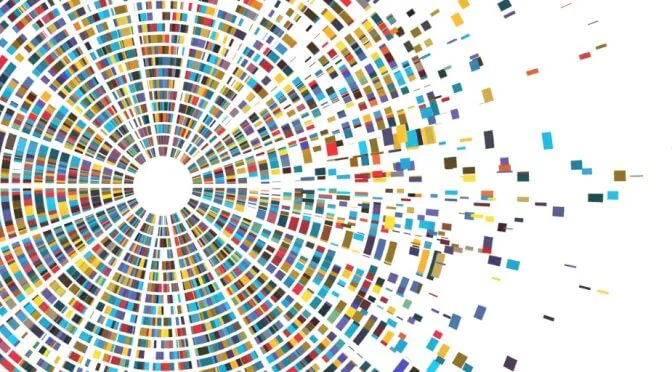According to the latest market research study by Technavio, the global nanosensors market is expected to grow at a CAGR of close to 93% during the forecast period 2017 to 2021.
This report by Technavio provides an in-depth competitive analysis of the global nanosensors market in terms of revenue and emerging market trends. The report also includes an up-to-date vendor analysis and forecasts for various market segments and all geographical segmentations.
Technavio research analysts categorize the market based on the product

Click here to request a free sample of this report
Global chemical nanosensors market: Chemical nanosensors are mostly used in the healthcare industry owing to their ability to measure and account for chemical changes within an environment. Nanosensors are also used profusely in the environmental monitoring and food and beverage industries. The healthcare industry is anticipated to make significant investments in the global chemical nanosensors market during the forecast period.
“Chemical nanosensors work on the principle of monitoring chemical changes in sensor materials. Carbon nanotube sensors are some of the most commonly used chemical sensors in the global nanosensors market. CNT-based sensors react in different ways when they are subject to certain conditions,” says Chetan Mohan, a lead analyst at Technavio for research on sensors.
Global mechanical nanosensors market: Mechanical nanosensors measure mechanical and electrical changes. The nanosensors used as a part of the MEMS frameworks for automobile airbags to keep a check on the changes in capacitance. Mechanical nanosensors will remain prevalent for applications in the defense and military industry, owing to their capacity to measure electrical changes. Moreover, with the growing demand for sophistication in the automotive testing industry, it is anticipated that the penetration of nanosensors in the automotive sector will increase during the forecast period.
Global biological nanosensors market: Biological nanosensors monitor biomolecular processes such as DNA, antibody, and enzymatic interactions. These biochemical assays are also capable of monitoring other communication processes on a cellular level. They consist of a bioreceptor that serves as a recognition system and can be a protein, a DNA strain, or an enzyme. Biological nanosensors are in the nascent stage and are likely to experience solid growth in investment during the forecast period due to their steady demand in the healthcare industry.
Ask an analyst to know more about this report
The top vendors operating in the global nanosensors market are:
- Airbus and University of Bristol
- Massachusetts Institute of Technology (MIT)
- Nanowear
- OMRON
- Optics11
- Semenov Institute of Chemical Physics (Russian Academy of Sciences) and Moscow Institute of Physics and Technology
A more detailed analysis is available in the Technavio report titled, ‘Global Nanosensors Market 2017-2021’. Technavio also customizes reports by other regions and specific segments upon request.
Other related reports
- Global Autonomous Vehicle Sensors Market 2017-2021
- Global Particle Size Analyzer Market 2016-2020
- Global Torque Sensor Market 2016-2020
To read more press releases – click here
For any assistance or query, please contact our media team at:
media@technavio.com
US: +1 630 333 9501
UK: +44 208 123 1770
https://www.technavio.com/



